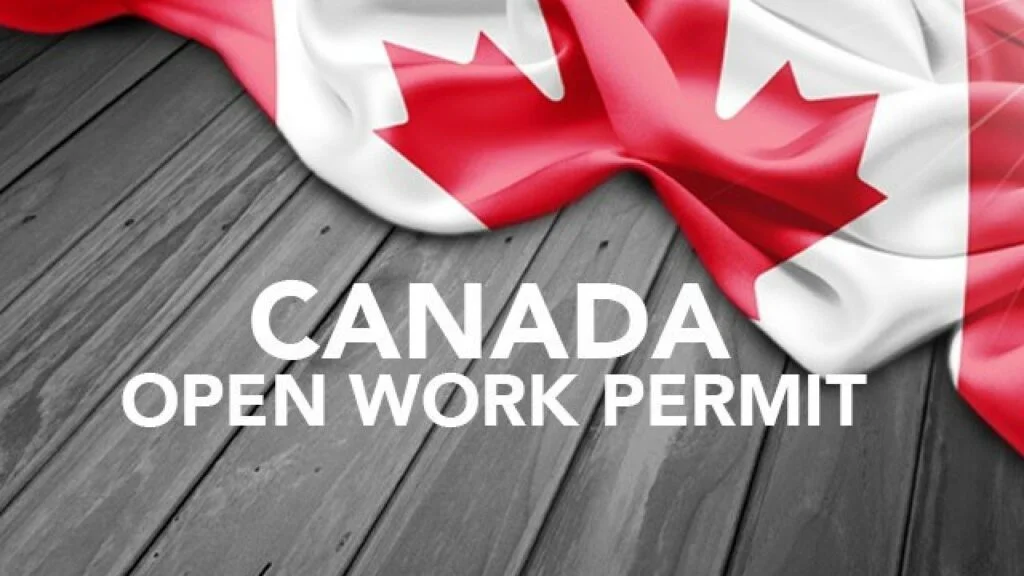Canada’s New Restrictions on Spousal Open Work Permits
Canada is making significant changes to its Spousal Open Work Permit (SOWP) programme, targeting a reduction of over 100,000 permits in the next three years. These new rules, announced by Immigration Minister, Marc Miller, aim to control the growing number of temporary residents, which surpassed 2 million in 2023.
“We are taking necessary steps to manage the influx of international students and temporary residents while ensuring that our immigration system remains sustainable,” said Miller. “The changes to the SOWP will help us achieve this.”
Join our WhatsApp ChannelThe changes focus on limiting eligibility for SOWPs to spouses of students in specific doctoral, master’s, and select professional programmes. According to Miller, the restrictions will now apply to those whose programmes last at least 16 months.
Eligibility Limits for Spouses of International Students
Under the new rules, spouses of international students in shorter academic programmes will no longer qualify for work permits. The new guidelines specifically target master’s degree students, limiting permits to spouses of those enrolled in courses lasting 16 months or more.
“Students in shorter programmes will not be eligible to bring their spouses on work permits,” Miller clarified. “This decision is aligned with Canada’s broader immigration strategy to control temporary resident numbers.”
This move is expected to have a significant impact on families planning to come to Canada. Many spouses rely on work permits to contribute to household income while their partners pursue studies or work. With these new limits, families may face additional financial pressure.
Impact on International Families
The new SOWP regulations will affect international students and their families, particularly those relying on the spousal work permits for income. This is especially crucial for families where the primary applicant is studying or working in Canada for an extended period.
“Without these work permits, it will be difficult for families to manage living costs in Canada,” said one international student who is currently enrolled in a master’s programme. “Many of us depend on our spouses being able to work while we study.”
READ ALSO: Renewing Your Nigerian Passport from Canada : A Step-by-Step Guide
Families planning to relocate to Canada may now need to rethink their plans, especially if their spouse’s eligibility for a work permit is impacted by the new restrictions. The changes also affect those who are already in Canada but may not qualify for permit renewals under the updated rules.
Regulating Canada’s Temporary Resident Population
Canada has experienced a sharp rise in its temporary resident population, driven by an influx of international students and skilled workers. The government is now working to manage these numbers more effectively.
“Canada’s immigration system must balance welcoming newcomers and ensuring that resources are available to support them,” said Miller. “These changes to the SOWP are part of our broader efforts to regulate the flow of temporary residents.”
The country continues to be a top destination for international students, but these new regulations will force many to reconsider their options, especially for family relocation.
What This Means for International Students and Workers in Canada
The impact of these changes will be felt across multiple sectors, as many spouses of international students hold jobs in industries that rely on temporary workers. The government’s move may lead to labour shortages in some areas, but officials believe the restrictions are necessary to control immigration flows.
Canada remains committed to welcoming international students and skilled workers, but the emphasis is now on managing the system to ensure long-term sustainability. As the country adjusts to its growing population, international students and their families will need to navigate these new policies carefully.
These changes will come into effect immediately, with additional reviews planned over the coming months to assess their impact on immigration trends in Canada.













